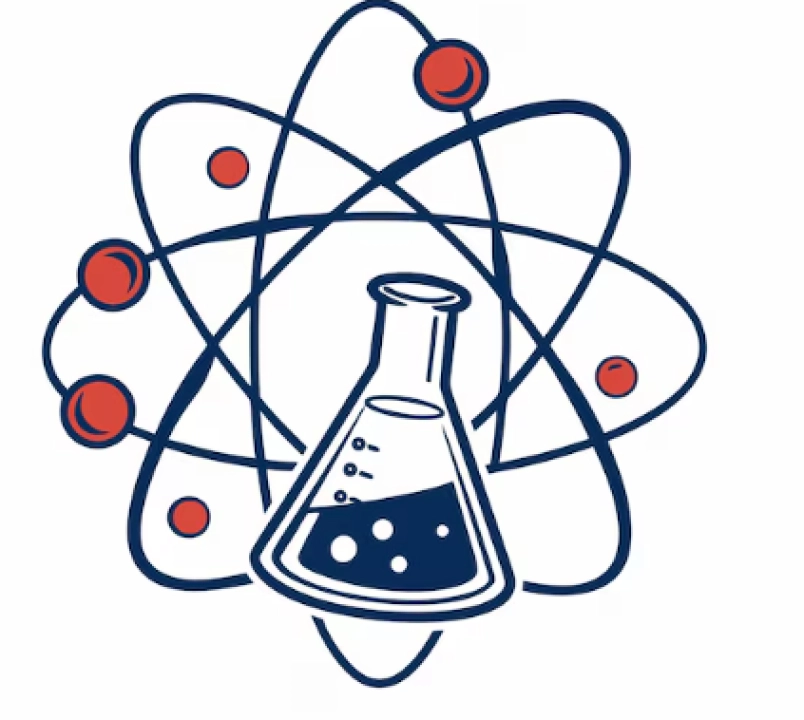College: Graduate School of Natural and Applied Sciences
The Chemistry major focuses on the study of matter, its properties, and its interactions. Students develop skills in chemical analysis, synthesis, and experimental techniques. Graduates are prepared for careers in research, industry, education, and healthcare.
Learning Objectives:
- Understanding fundamental chemistry concepts, including atomic structure, chemical bonding, and reactions.
- Developing skills in chemical analysis, synthesis, and experimental design.
- Learning techniques for conducting chemical experiments and interpreting data.
- Exploring principles of organic, inorganic, physical, and analytical chemistry.
- Analyzing and interpreting chemical data and trends.
- Developing critical thinking, problem-solving, and lab skills for effective chemical research and practice.
Main Curriculum:
- General Chemistry
- Overview of key chemistry concepts including atomic structure, periodic table, and chemical reactions.
- Basics of chemical measurements, thermodynamics, and kinetics.
- Organic Chemistry
- Principles of organic chemistry, including structure, nomenclature, and reactions of organic compounds.
- Techniques for synthesis and analysis of organic compounds.
- Inorganic Chemistry
- Principles of inorganic chemistry, including structure, bonding, and reactions of inorganic compounds.
- Techniques for synthesis and analysis of inorganic compounds and materials.
- Physical Chemistry
- Principles of physical chemistry, including thermodynamics, kinetics, and quantum mechanics.
- Techniques for studying physical properties and behaviors of chemical systems.
- Analytical Chemistry
- Principles of analytical chemistry, including methods of qualitative and quantitative analysis.
- Techniques for designing and conducting chemical analyses and interpreting analytical data.
- Biochemistry
- Principles of biochemistry, including structure and function of biomolecules, metabolic pathways, and enzyme kinetics.
- Techniques for studying and analyzing biochemical processes and systems.
- Laboratory Techniques and Instruments
- Principles of laboratory techniques and instruments, including experimental design, data collection, and analysis.
- Techniques for effectively using chemical tools and equipment.
- Practical/Applied Training
- Real-world experiences in chemistry settings, including internships in research labs, industrial companies, or educational institutions.
- Application of acquired skills in practical chemistry scenarios.
- Chemistry Graduation Project
- A comprehensive project applying skills in chemical analysis, synthesis, or experimental design.
- Presentation of a polished research project, experimental report, or chemistry presentation.
Assessment Methods:
- Lab reports, chemical analysis projects, synthesis experiments, physical chemistry studies, analytical chemistry projects, biochemical studies, instrument reports, practical training reports, graduation projects, group projects, and presentations.
Recommended Textbooks:
- "General Chemistry" by various authors.
- "Organic Chemistry" by various authors.
- "Inorganic Chemistry" by various authors.
- "Physical Chemistry" by various authors.
- "Analytical Chemistry" by various authors.
- "Biochemistry" by various authors.
- "Laboratory Techniques and Instruments" by various authors.
Prerequisites:
Basic knowledge of mathematics and physics and an interest in chemical sciences.
Program Duration:
The typical duration for a bachelor's degree is 4 years, including coursework, lab experiments, internships, and graduation projects. For advanced practice, a master's or Ph.D. in chemistry, which typically takes an additional 2 to 5 years, can be pursued.
Certification:
Graduates can earn a degree in chemistry and pursue further education or professional certifications, such as those offered by the American Chemical Society (ACS).
Target Audience:
Aspiring chemists, researchers, industrial scientists, educators, and healthcare professionals seeking careers in research institutions, industrial companies, educational organizations, and healthcare facilities. This major equips students with the analytical, experimental, and problem-solving skills necessary to excel in chemistry, supporting careers in various scientific and research roles.



